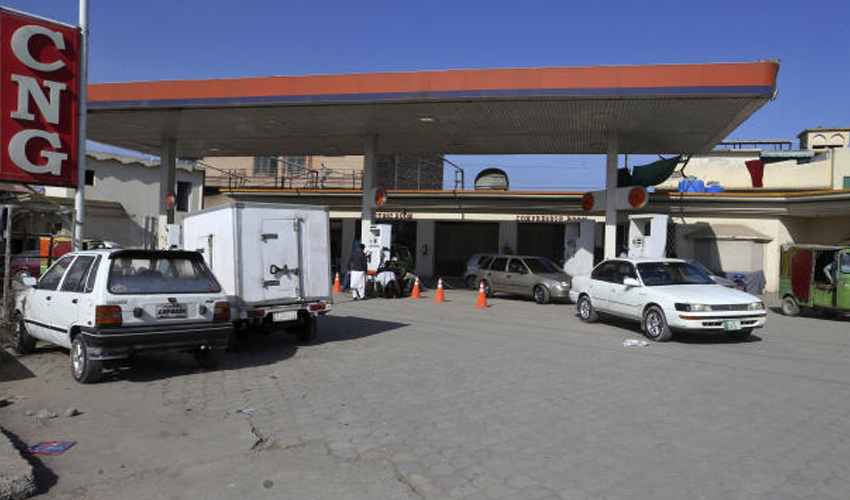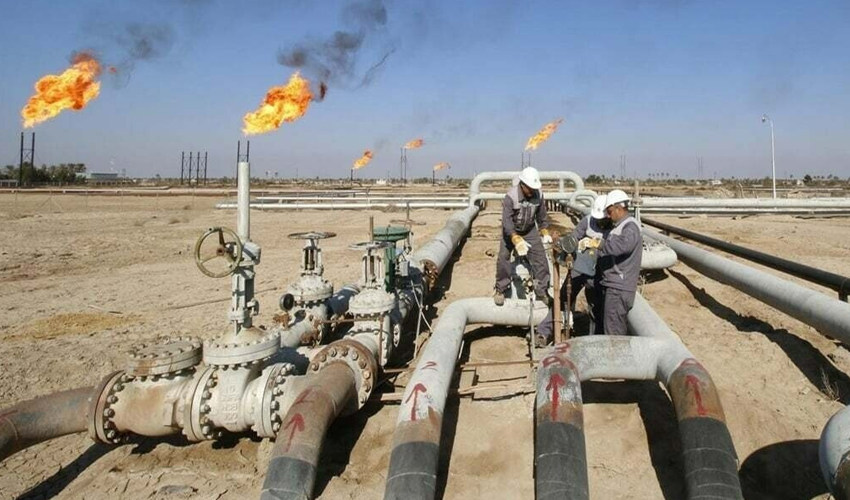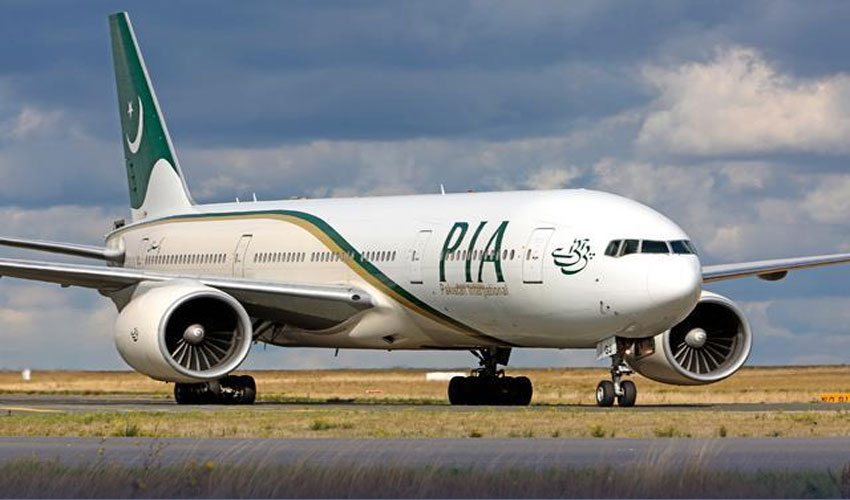The Federal Board of Revenue (FBR) announced on Thursday a substantial increase in the sales tax on Compressed Natural Gas (CNG) supply.
This latest move, disclosed through an official notification, has elicited concerns among CNG users, particularly in the Potohar region, Pakhtunkhwa, Balochistan, Rawalpindi, Islamabad, Gujar Khan, Sindh province, and other cities of Punjab.
Effective immediately, the sales tax levy on CNG supply in Region 1 has been elevated from its previous rate to a staggering Rs 200 per kg. Similarly, for Region 2, encompassing Sindh province and additional Punjab cities, the sales tax value has been raised from Rs. 135 to Rs. 200 per kg.
This revision marks a significant increase that is poised to impact the household budgets and transportation costs of numerous consumers reliant on CNG.
Furthermore, in addition to the revised sales tax rates, consumers will also be subject to an 18% Goods and Services Tax (GST) based on the supply value of CNG. This double imposition of taxes paints a grim picture for CNG users who were already grappling with economic challenges.
Reacting to the announcement, consumers have expressed dismay over the sudden surge in taxes, highlighting the potential ripple effects on inflation and cost of living. Concerns have been raised regarding the affordability of transportation and its implications on daily commutes and commercial activities.
The FBR's decision to hike sales tax on CNG supply has ignited debates on the economic repercussions and policy implications. Stakeholders are calling for a thorough review of the taxation structure to ensure a balance between revenue generation and consumer welfare.


























